|
If you live in a temperate climate them you will likely think of spring as the main planting season – and indeed it is. But there are other vegetables that can be sown in the autumn. If you want to grow and eat your own food all year round then it can be helpful to consider introducing some undercover or protected growing areas, so you can overwinter annual plant crops in your garden. An unheated polytunnel, or even a large cloche or row cover, will allow you to grow a wider range of plants, even in the depths of winter. Here are a few vegetables to sow in autumn in a cool climate:
0 Comments
Growing tomatoes in a temperate climate often seems like a race against time. If you are battling a shorter outside growing season then you may often find that you have green tomatoes left on the vine as the first frost rapidly approaches. While tomatoes will ripen off the vine, those that mature on the plants will usually have the best flavour. Here are some tips to help you mature as many tomatoes on the vine as possible before time runs out:
As winter approaches in an organic garden, the main harvesting season may almost be over, but there is still plenty to do. As the days get shorter, we may be less inclined to spend a lot of time outdoors, but it is possible to grow and eat from your own garden all year round, even in cooler climates, and to do so, it is important to keep on top of all the garden jobs at this time of the year. Here are some of the preparations that you should consider:
One of the key jobs for an organic gardener is taking care of the soil. Without the delicate soil ecosystem, plants would not be able to grow, and we would not be able to feed ourselves from our gardens. Crop rotation is one of the gardening practices which allows us to take care of the soil and keep our growing areas healthy and productive in a sustainable way.
One of the problems with mainstream farming is that large blocks of one type of plant are placed. Mono-cultures are a bad idea. Where mono-cultures are planted, herbicides, fungicides and pesticides are often required to keep weeds, pests and disease in check. Soils are damaged and depleted. Organic farms and gardens eschew these methods. Rather than planting mono-cultures, organic growers aim for as much biodiversity as possible. Companion planting is one important element of organic growing systems.
|
GROW ORGANIC!
|
|

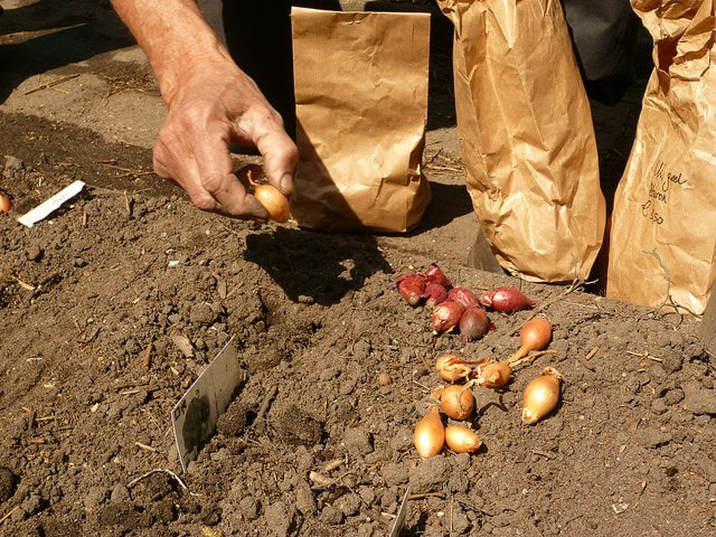
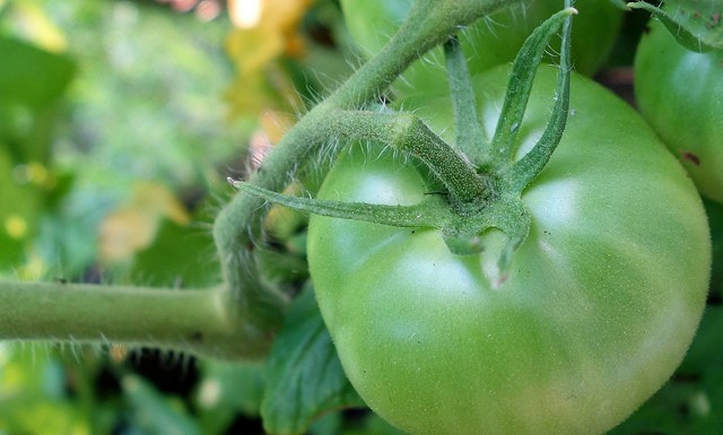
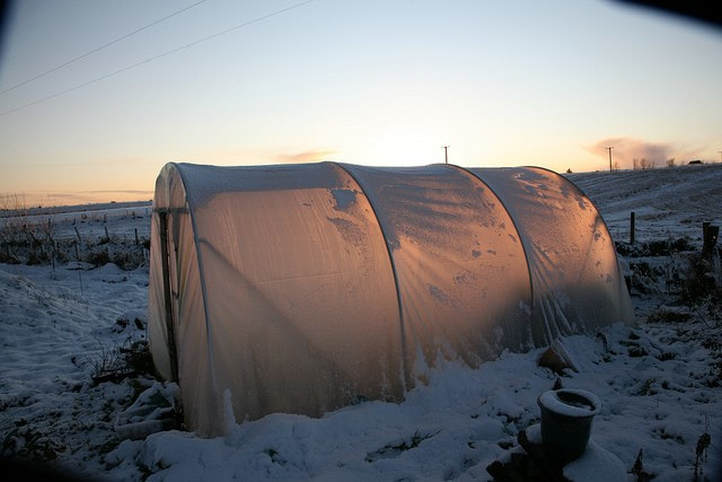
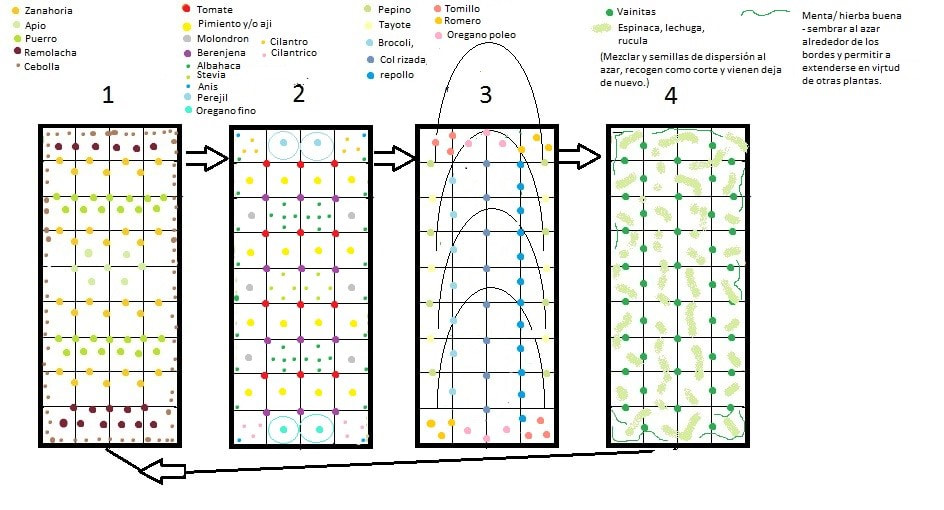
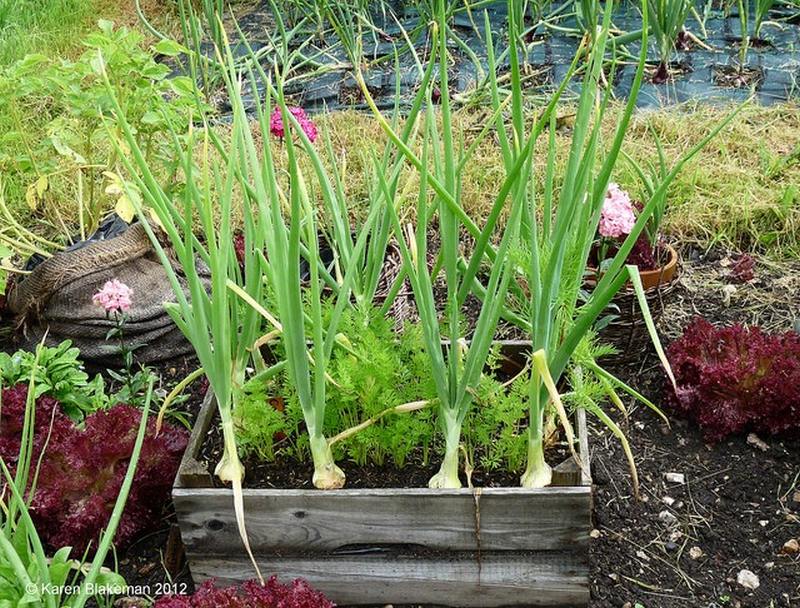
 RSS Feed
RSS Feed




